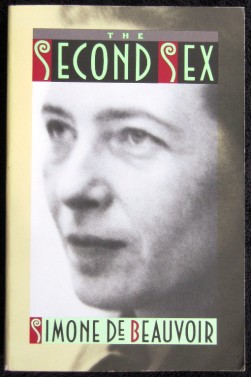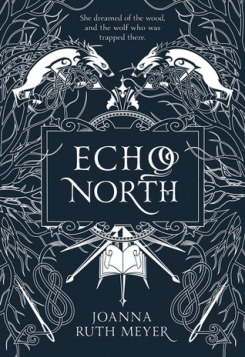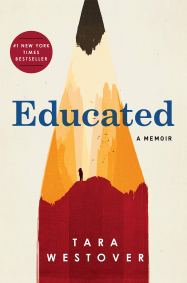Boundaries give life structure, which makes us comfortable. But they can also be shifted, rethought, reframed, and reorganized.
Liminal Thinking by Dave Gray
3 stars/5 stars
What’s this about?
Essentially, Liminal Thinking is a new name for an old concept. It revolves around the idea that people live life through a fairly narrow perspective, which is dependent on how we were raised, what we perceive, and what we believe.
All our lives are happening in a shared world, but different people can come away from one situation with an entirely different perspective. We have to talk to one another to expand our understanding of what reality is, and even then, we’ll likely never have all the pieces.
My favourite part of the book discusses how these perspectives are formed, and how an Obvious Thing to me may be completely different to you. Essentially, it comes from the fact that reality is so vast, but our attentions are so specific (that pesky survival necessity), that we miss a lot of information in our environment. We then develop beliefs based on the little things we pay attention to, develop theories, beliefs, and judgements, and they become so ingrained into us that it is now an Obvious Thing.
Nevertheless, we may never change because we’ll defend our beliefs and close our ears and minds to any thoughts that go against it.

Drawing from Liminal Thinking
For example, Obvious Thing for a blind man in front of the elephant is that the elephant is small and skinny. Obvious Thing for blind man at the side is that the elephant is massive. We are all these Blind Men, but by questioning our beliefs, we can get the whole elephant (picture!).
This book teaches us how to change our perspectives, and consequently our lives. It’s a powerful idea. With it, you’ll deepen your understanding of why you are the way you are, and how you can pick it apart to change into someone else. Someone better.
My thoughts
When I was in school, I got to leave my class every other week for one day to participate in a special program, where the teachers taught us to think outside the box. We essentially got to do brain teasers all day, and often times I would get stumped by a question, only to laugh at how obvious the solution was.
Why was that?
I was way too focused and stuck on trying to use old solutions that worked with old problems, and trying to apply them to new problems.
Similarly, liminal thinking is all about letting go of your habits and beliefs. This is tied to our identity, which most of us will fight tooth and claw to hold onto.
When you are doing everything you can to fulfill an unmet need, and you are not having success or feeling any traction, you look for reasons.
Something must be blocking you.
What could it be?
It’s not about discarding our beliefs completely, but about being willing to question them, try something new, and changing what needs to be changed. This is the hardest part because as you get older, the more inclined you are to become set in your ways.
For instance, I’m trying to be more environmentally conscious as well as minimal, by making conscious decisions about what I buy and what kind of things I need to buy. This is incredibly hard though because I’m used to buying what I want, when I want it. The idea of having to wait, especially with the instant gratification that Amazon provides, was horrible to me. But when I started actually looking at what I threw out, like packaging, I started seeing how much waste I produced just from buying things.
Things that I didn’t even need!
I wasn’t even recycling because my apartment only recycles cardboard, which meant all the metal, glass, and plastic was being dumped down the garbage chute along with the paper I wasn’t bothering to bring out. I know, this is why the planet is dying (I kid, it’s a lot more complicated than that, and if companies could just start caring and implementing the milk man model for all the STUFF we use in our lives, we’d be able to reduce a lot of waste). Basically though, actually think about what you do every day that feels normal and natural.
If you’re a makeup wearing girl like me, you probably use cotton rounds to wipe it off every night, or to apply toners. Do you really need to use cotton rounds every day though? Can you just buy reusable cotton rounds and use those? The answer is yes, but it took me a good 8 years before I even thought about it. I had never thought about the fact that I could just find a reusable alternative.
Anyways, back to the actual REVIEW (got side tracked there), the book has some nice examples of people who made Big Changes by doing things different. There are also exercises at the end for how you can evaluate your life and finally accomplish the Big Goal that you’ve always wanted. This comes in the form of 9 Practices that anyone can incorporate into their life.
Now, do I think there’s some great ideas in all that? Yes, but they’re ones I’ve been taught over and over again in school because you innovate and do great things when you’re able to do something different and are willing to test out ideas, good and bad.
So why not five stars? My issue is that this isn’t a new concept. There’s an explanation for what “liminal” means, essentially being on the threshold of a new perspective, and being willing to step through the door to explore it.
A new way of seeing the world—and yourself—opens the door to change and growth.
I therefore don’t really think this is necessary reading. It’s nice as bit of reinforcement if you’re on a self-help, change-my-life-because-I’m-done-school-and-don’t-know-what-to-do-next journey like I am, but you can get the information anywhere. You’ve probably already heard of all this as well.
Final Thoughts
It’s not easy to change your life. A big part of us will resist and struggle against it, but if you can see a door instead of a wall to Future You, then you can do it.
What are your thoughts? Do you have any goals you’d like to accomplish, but need a shift in perspective to achieve? Let me know down below!
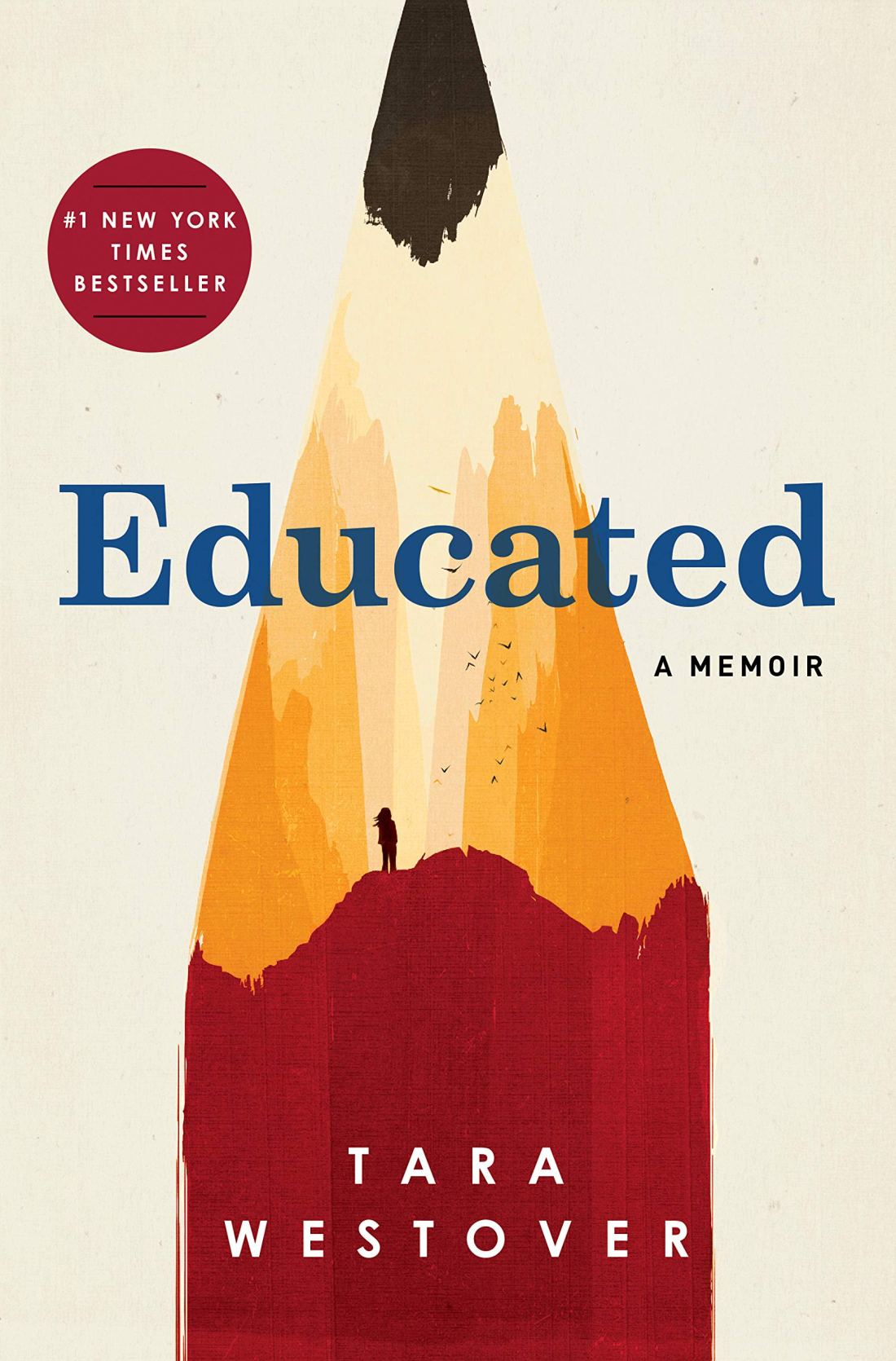
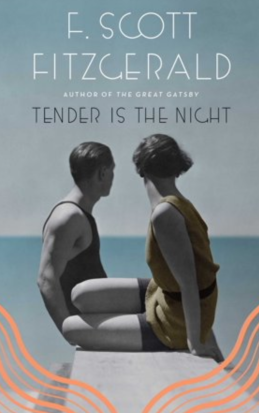
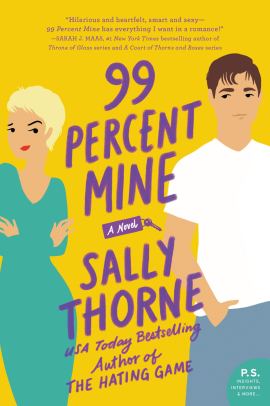 99 Percent Mine by Sally Thorne: I picked up 99 Percent Mine by Sally Thorne because I absolutely adored her previous book The Hating Game, so much so that I went ahead and bought another copy to gift to one of my friends. I should have known I wouldn’t like this one though, since I’ve always hated it when the girl likes the guy first, but I thought it would at least be funny! It wasn’t. If this book were a movie I’d be covering my eyes and fast-forwarding during scenes, but hey, maybe it’d be better because then I wouldn’t have to deal with the internal monologue (sarcasm. so. much. sarcasm). I was determined not to pick any book that I couldn’t finish this month, and this one really tested me. But, finish it I did.
99 Percent Mine by Sally Thorne: I picked up 99 Percent Mine by Sally Thorne because I absolutely adored her previous book The Hating Game, so much so that I went ahead and bought another copy to gift to one of my friends. I should have known I wouldn’t like this one though, since I’ve always hated it when the girl likes the guy first, but I thought it would at least be funny! It wasn’t. If this book were a movie I’d be covering my eyes and fast-forwarding during scenes, but hey, maybe it’d be better because then I wouldn’t have to deal with the internal monologue (sarcasm. so. much. sarcasm). I was determined not to pick any book that I couldn’t finish this month, and this one really tested me. But, finish it I did. 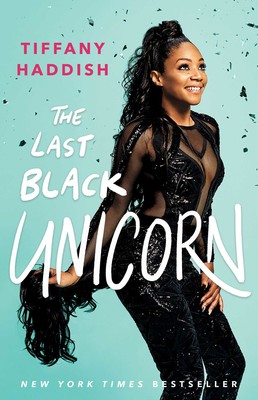 The Last Black Unicorn by Tiffany Haddish: Another podcast recommendation, though I can’t remember which one. I think it was Keep It! (hilarious, highly recommended for some pop culture perspectives). Tiffany Haddish just kept being mentioned and I had seen the book being promoted in Indigo that I decided to pick it up. That cover was just too enticing, and it seemed to promise cotton candy and glitter. WRONG. WRONG. Turn back. GPS recalibrating. It wasn’t funny at all, and though her story pulled me in… it’s definitely not the book to read if you’re looking for a light pick-me-up. It was more like ordering a heavy salad at a restaurant because you’re being healthy, and the salad has a couple cranberries for flavour, but you have to look for them because they didn’t give you enough. 3/5 stars
The Last Black Unicorn by Tiffany Haddish: Another podcast recommendation, though I can’t remember which one. I think it was Keep It! (hilarious, highly recommended for some pop culture perspectives). Tiffany Haddish just kept being mentioned and I had seen the book being promoted in Indigo that I decided to pick it up. That cover was just too enticing, and it seemed to promise cotton candy and glitter. WRONG. WRONG. Turn back. GPS recalibrating. It wasn’t funny at all, and though her story pulled me in… it’s definitely not the book to read if you’re looking for a light pick-me-up. It was more like ordering a heavy salad at a restaurant because you’re being healthy, and the salad has a couple cranberries for flavour, but you have to look for them because they didn’t give you enough. 3/5 stars
